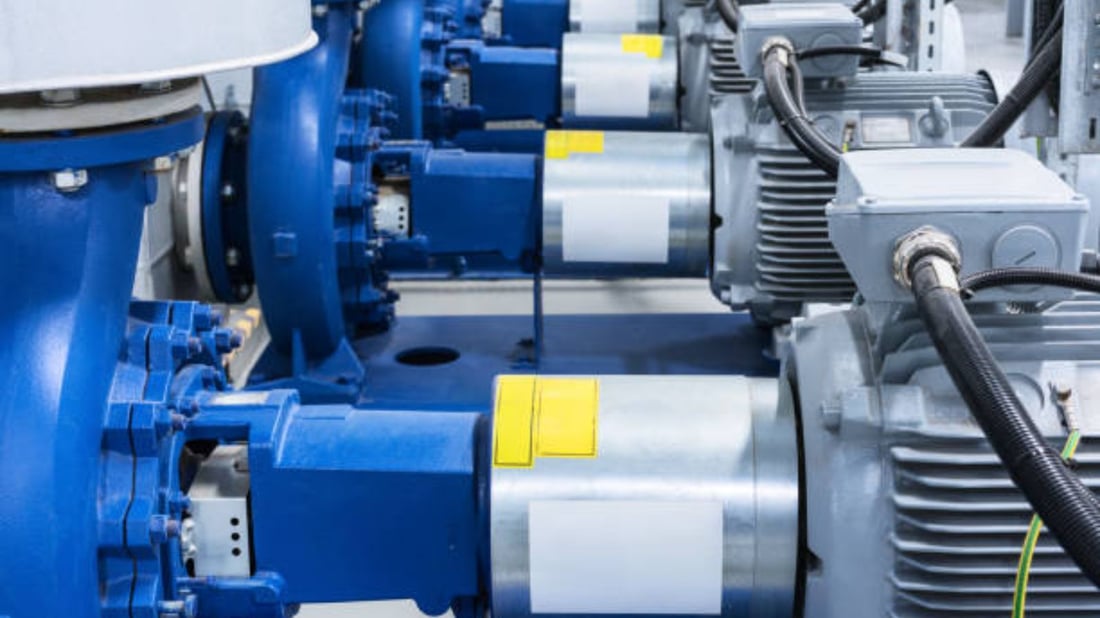The Advantages of Using gear pump for oil transfer
When dealing with oil transfer, it's crucial to use a reliable and efficient pump to ensure that the process goes smoothly. One of the most popular types of pumps available in the market for oil transfer is a gear pump. Gear pumps are known for their simplicity, reliability, and effectiveness in transferring liquids. In this article, we will discuss the benefits of using a gear pump for oil transfer.
What is a Gear Pump?
A gear pump is a type of positive displacement pump that uses intermeshing gears to transfer liquids. The two gears work together to create a vacuum that pulls the oil in and pushes it out through the pump's discharge port. Gear pumps are designed to handle low to high viscosity fluids, including lubricating oils, hydraulic oils, and fuel oils.
High Efficiency and Reliability
Gear pumps are highly reliable and efficient in transferring liquids. They have a simple design with few moving parts, which reduces the risk of breakdowns and the need for maintenance. Gear pumps also have a high volumetric efficiency, which means they can move a high volume of fluid quickly. This makes them ideal for use in industrial applications that require frequent oil transfer over a long period.
Self-Priming Capability
A gear pump has a self-priming capability, which means it can draw in oil from a tank or container without the need for manual priming. This is because gear pumps create a vacuum that pulls the oil in, eliminating the need for a suction head. Self-priming gear pumps are ideal for situations where the oil source is situated below the pump level or the pump must draw oil from an enclosed container.
Ability to Handle High Viscosity Fluids
Gear pumps are designed to handle high viscosity fluids such as lubricating oils and hydraulic fluids, which makes them highly versatile for various oil transfer applications. The gears mesh together tightly, creating narrow paths that require the fluid to flow slowly, allowing the pump to build up pressure. This makes gear pumps ideal for use in applications that require the transfer of high viscosity fluids.
Low Maintenance Cost
One of the benefits of using gear pumps is that they require minimal maintenance. They have few moving parts, which means there are fewer components that can fail or wear out. This results in lower maintenance costs, reduced downtime, and extended service life. Also, the simplicity of their design allows for easy replacement of parts, reducing the need for skilled labor.
Compact Size and Portability
Gear pumps come in compact sizes, which makes them ideal for applications where space is limited, such as in mobile equipment like tractors, excavators, and other heavy machinery. The compact size of gear pumps also makes them highly portable, allowing them to be moved easily to different job sites.
High Pressure Capability
Some gear pumps are built to handle high pressure, which makes them ideal for applications that require a lot of oil transfer over long distances. Gear pumps that can handle high pressure are designed with a robust construction using high-quality materials that are resistant to wear and tear caused by high-pressure liquids.
Cost-Effective Solution
Compared to other types of pumps, gear pumps are relatively inexpensive and offer high-value performance. They are an affordable solution for businesses looking to transfer oil or other liquids on a regular basis without incurring high costs. Additionally, their easy-to-replace parts and low maintenance requirements contribute to their overall cost-effectiveness.
Versatile Applications
Gear pumps are versatile and can be used in various oil transfer applications, including fuel transfer, lubricating oil transfer, hydraulic oil transfer, and more. They can transfer liquids with varying viscosities and can handle both clean and dirty fluids, making them a useful tool for many industries.
Wrapping Up
Gear pumps are a reliable, efficient, and cost-effective solution for oil transfer applications. They are easy to maintain, versatile, and can handle various viscosities of liquids. Furthermore, their simple design and compact size make them suitable for different industries, including agriculture, construction, and mining.

